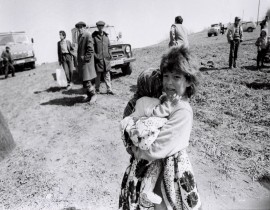Fidan Muradli received her bachelor's degree in history from Western Caspian University. Her research areas include peace and conflict studies and identity issues.
Politicon.co
Moscow’s shadow play: Hybrid tactics in Armenia
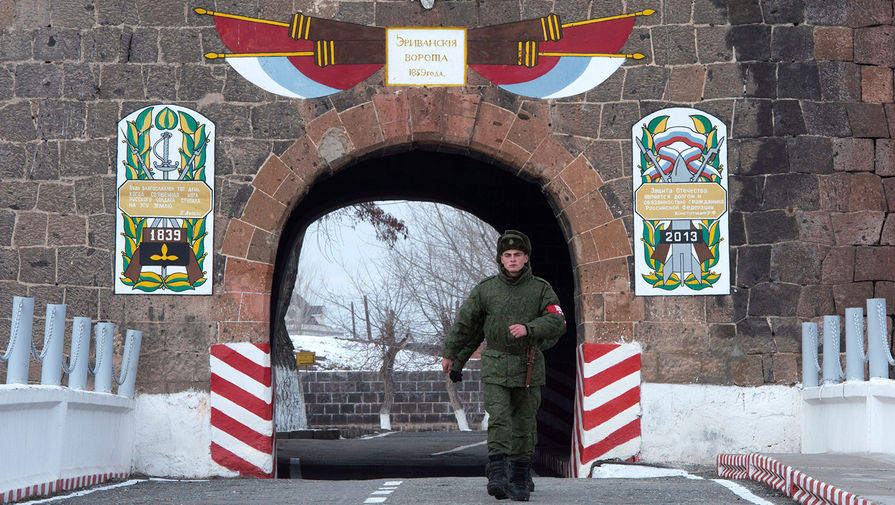
Recently, it was reported that Russia is actively deploying additional military assets to its 102nd outpost in Gyumri. This, although officially unverified, has caused worry among observers in Yerevan because it seems to be a component of a Kremlin effort to apply pressure on Pashinyan’s administration amid escalating tensions over Armenia’s pro-Western orientation and to adjust its internal political landscape in anticipation of the 2026 elections.
The Second Karabakh War became a turning point in Armenia`s foreign orientation. The Armenian public heavily criticised Moscow`s “inaction” during and after the war. As a result, all these led to the erosion of Armenia's trust in Russia as a historic ally and suspension of its participation in CSTO in February 2024.
Russia’s unwillingness or inability to respond effectively to Armenia’s security concerns has sharply accelerated Yerevan’s strategic recalibration. The CSTO’s failure to act during escalations with Azerbaijan has eroded Armenian public and political trust in the Russian-led alliance. As a result, Armenia’s slow drift away from Moscow’s orbit has evolved into a deliberate pivot toward the West. This reorientation was symbolically reinforced in late June 2025, when EU top diplomat Kaja Kallas visited Yerevan and stated that “Armenia and Europe have never been as close as now”. That trajectory was further underscored on July 16, when Nikol Pashinyan stated that “it is more likely for Armenia to withdraw from the CSTO than to reactivate its membership.” While there has been no official announcement, some anticipate a formal exit as early as February 2026, especially given Armenia’s suspension of CSTO financial contributions and operational participation since early 2024.
Now, the trend that has become increasingly apparent in recent months is Russia`s hybrid pressure on Armenia through a mix of political, informational, and economic tools, particularly with an eye toward shaping the outcome of Armenia’s 2026 elections. Moscow’s approach appears calibrated to exploit vulnerabilities without triggering overt confrontation. This includes amplifying pro-Russian narratives in Armenian media, supporting opposition actors, and leveraging economic dependencies, particularly in energy and trade.
For instance, problems have been identified with fruits and vegetables exported from Armenia. More recently, cases of brandy and flowers being held at the border have been observed. It is argued that the choice of flowers is not accidental, as they are perishable goods. Taking into account that these goods transit through Georgian territory on their way to Russia, it should be noted that Georgia only serves as a transit country and has no authority over the quality control of exported goods. This fact also suggests that Russia is utilizing another country to exert pressure on Armenia, even though this problem has been largely resolved.
Russia's pressures on Armenia are not limited to economic issues. These pressures also manifest through the Church and the diaspora. It is a known fact that in the South Caucasus, many people support their families with the remittances sent from Russia, and Armenia is no different. Samvel Karapetyan's (an Armenian oligarch residing in Russia) team stated in their declarations that the diaspora sends approximately $5 billion to Armenia annually. This amount constitutes 20-25% of GDP. Approximately 500,000 people annually receive financial assistance from the diaspora. Considering the data, remittances from the diaspora to Armenia in 2023 amounted to approximately $5.8 billion. This represents a 2.5% increase compared to 2022. However, it is important to note that in 2022, there was a rapid increase in this indicator due to the influx of Russians into Armenia after the Russia-Ukraine war and their money transfers. Since mid-2023, a decrease in the number of arrivals from Russia to Armenia has been observed, which led to a significant decline in money transfers in 2024, Armenian Finance Minister Vahe Hovhannisyan mentioned. This situation, coupled with the possibility of Armenians residing in Russia being mass deported back to Armenia, would mean an increase in unemployment and a reduction in a significant financial source for Armenia. Consequently, a substantial portion of the population faces the risk of impoverishment.
Another factor here is that the Armenian Apostolic Church has openly protested Pashinyan's policies since the 2020 Karabakh War. Recently, following church arrests, Russian Foreign Minister Sergey Lavrov declared these arrests unfounded and expressed deep concern, which the Armenian side interpreted as "interference in Armenia's internal affairs”. At a conference titled "Persecution of the Armenian Apostolic Church in the Pashinyan Era" held at the Institute of CIS Countries on July 9, it was stated that "what is happening in the South Caucasus is an imbalance caused by the Armenian authorities and not prevented by the Russian authorities." It was also emphasized that Turan plans in the Caucasus are more dangerous for Russia and Armenia than Ukraine and US plans. Furthermore, it was stressed that the Russian Church should not remain silent, and the Russian state should take decisive actions to prevent the destruction of the Armenian people and state. In this context, the arrest of Samvel Karapetyan with dual citizenship can also be cited as an example. He was arrested immediately after making a speech in defense of the church. The fact that Karapetyan has many supporters in Armenia and Russia's desire to create an alternative force against Pashinyan indicates that Russia aims to overthrow the pro-Western Pashinyan and bring the pro-Russian Karapetyan and his faction to power.
The outcome of this standoff may not only redefine Armenia’s domestic future but also recalibrate the broader strategic balance in the South Caucasus. As Russia seeks to retain influence in its near abroad, whether Yerevan can sustain its westward momentum without succumbing to Moscow’s countermeasures will serve as a litmus test for the resilience of post-Soviet states facing similar crossroads.
![]()
- TOPICS :
- Geopolitics


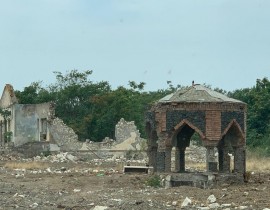
png-1748065971.png)
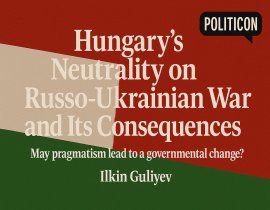


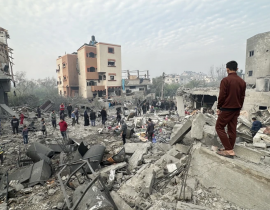
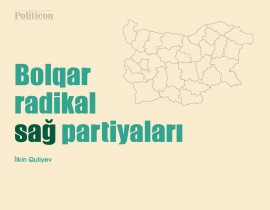
jpg-1599133320.jpg)
